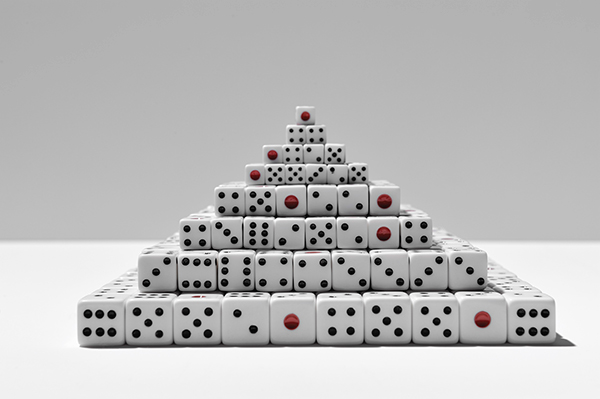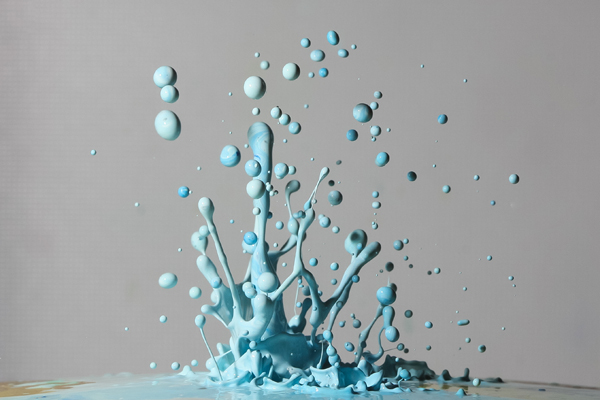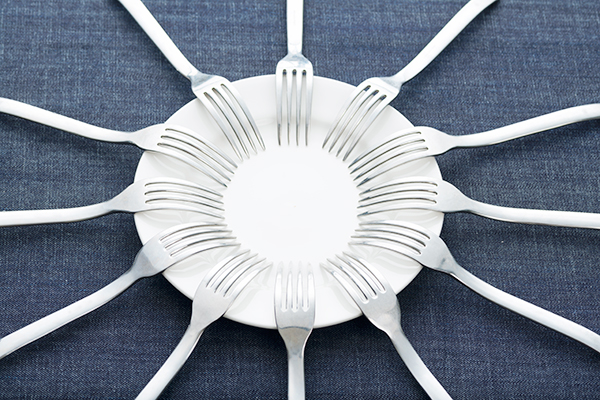I became 35 today, and have the cake and candles to prove it. It therefore felt particularly serendipitous to read the headline in the Guardian: Is 35 really the best age to be?
The claim is not particularly shocking, since 35 appears to offer a mixture of youth and experience. I don't feel particularly 'old', but I am no longer able to call myself 'young' without feeling slightly self-conscious. I am not yet approaching middle age, if only because that category now seems to extend well into people's sixties, and being 'thirty-something' does little to inform or inspire. I suppose I am half way to my biblical life expectancy of 'three score year and ten', but with fingers crossed for a cure for type-one diabetes and plenty of runs in the park, I hope to be post-biblical in my longevity.
The claim that 35 is the best age to be comes from the insurer Aviva (formerly Norwich Union). It looks like a pretext for talking about when is a good time to get insured or save, and to be honest, it does not appear to present a particularly compelling case:
"It asked more than 2,000 adults from across the age ranges what they thought the best age was to be, and the average came out as 35. While only those aged 45-54 picked that exact age, most groups chose somewhere in the 30s, except 18-24-year-olds who said 27 and those aged 65 and over who said 44."
You don't have to be a statistician to sense the limitations of such averaging from self-report measures, and you don't have to have studied philosophy to wonder on what basis 'best' is being judged.
Moreover, previous self-report measures have also indicated that happiness throughout the lifespan is u-shaped, or as the BBC put it, smiled-shaped, and they have similar limitations, while pointing to the opposite result(!) i.e. that life in your thirties and forties is a low point in the life span. Moreover, a previous study by Relate suggests 35 is the age when your mid-life crisis has a good chance of kicking-off in earnest.
Now there's a cheering thought...
Whatever you think of the empirical evidence(and it doesn't impress me much) it feels like we are missing something much more fundamental. If you wait for a better life, or long for an age and lifestyle that has already passed, you are almost certain to be unhappy. It may be true that part of wellbeing consists of satisfaction about the past and hopefulness for the future, but the experience of happiness has to be savoured in the present.
The best age 'to be', surely, is whatever age you are now.
Related articles
-
Think you're good at multitasking? Think again
Ian Burbidge
We are continuously interrupted at work. What impact is this having on our ability to work productivity and well-being at work?
-
Tell me a story? Or give me the figures?
Nathalie Spencer
What is the best way to influence stakeholders and generate change? Different approaches to generating change have different strengths, when should each be used to the best effect?
-
Why we eat too much, and how to stop
Nathalie Spencer
What can behavioural science teach us about our food habits and, most importantly, what can we do to feel nourished but not deprived.




Join the discussion
Comments
Please login to post a comment or reply
Don't have an account? Click here to register.
My father died just before my 35th birthday, which was a good kicking off point for a mid-life crisis. But really it followed quite seamlessly from my early life crisis and then into my later life crisis.
Happy birthday, Jonathan! :)
happy birthday!
Happy birthday!